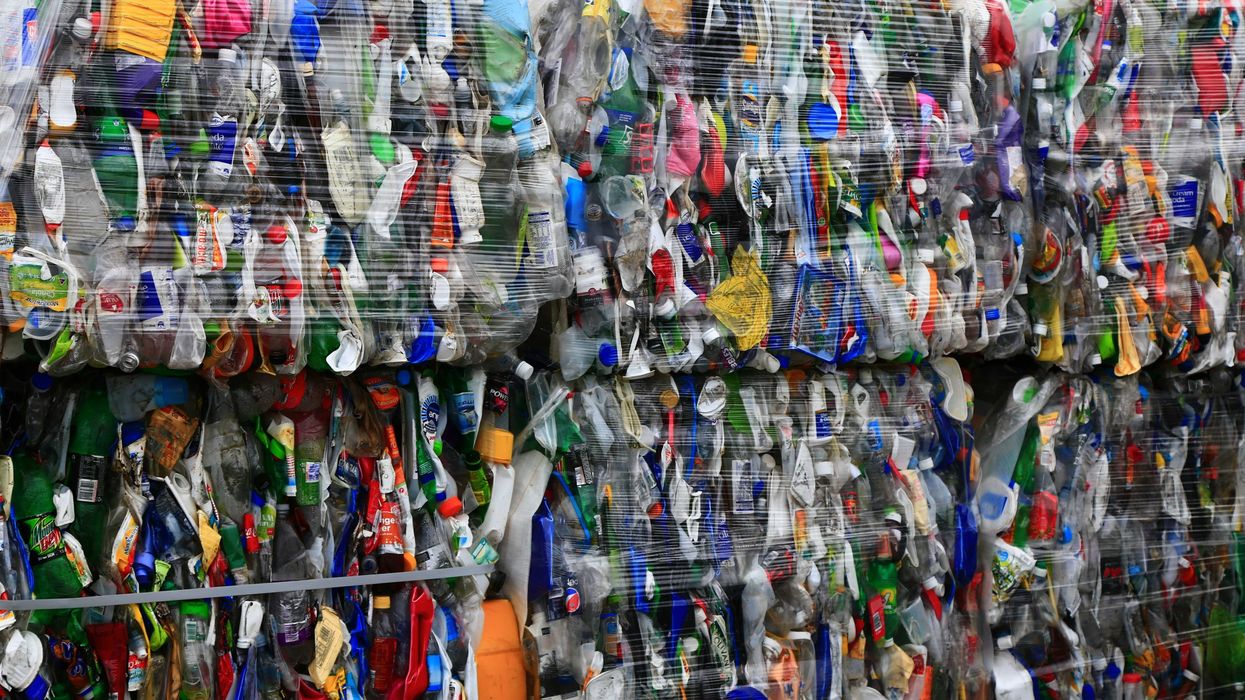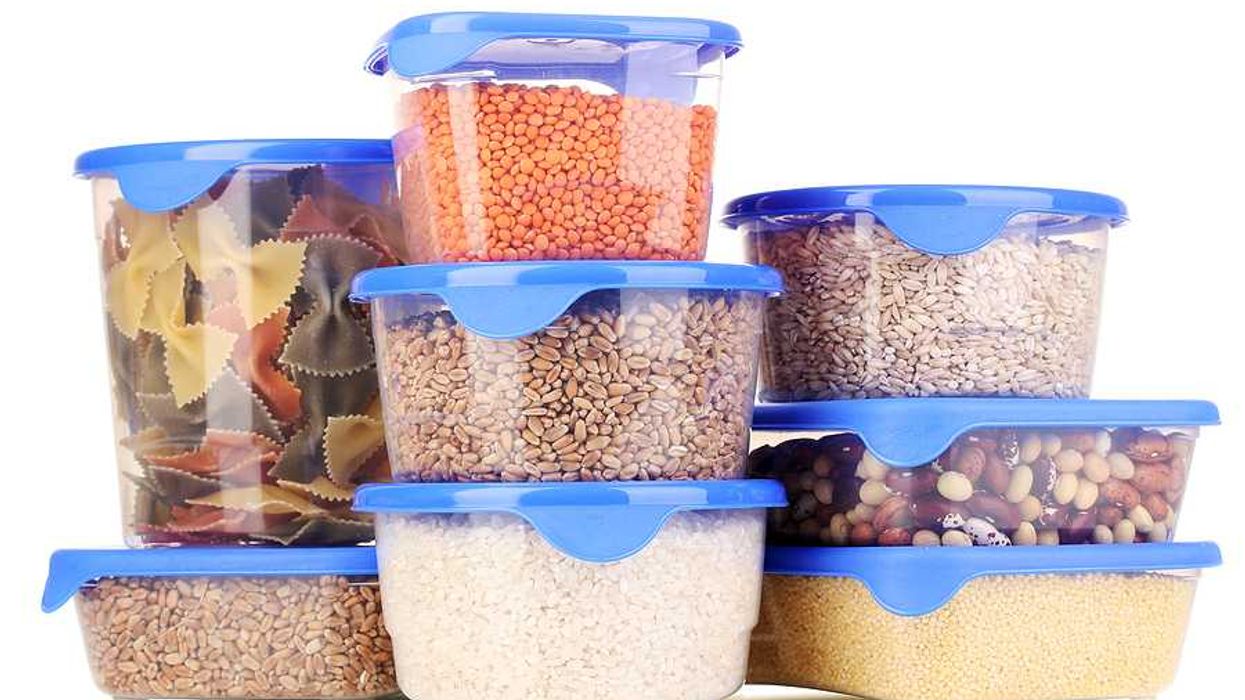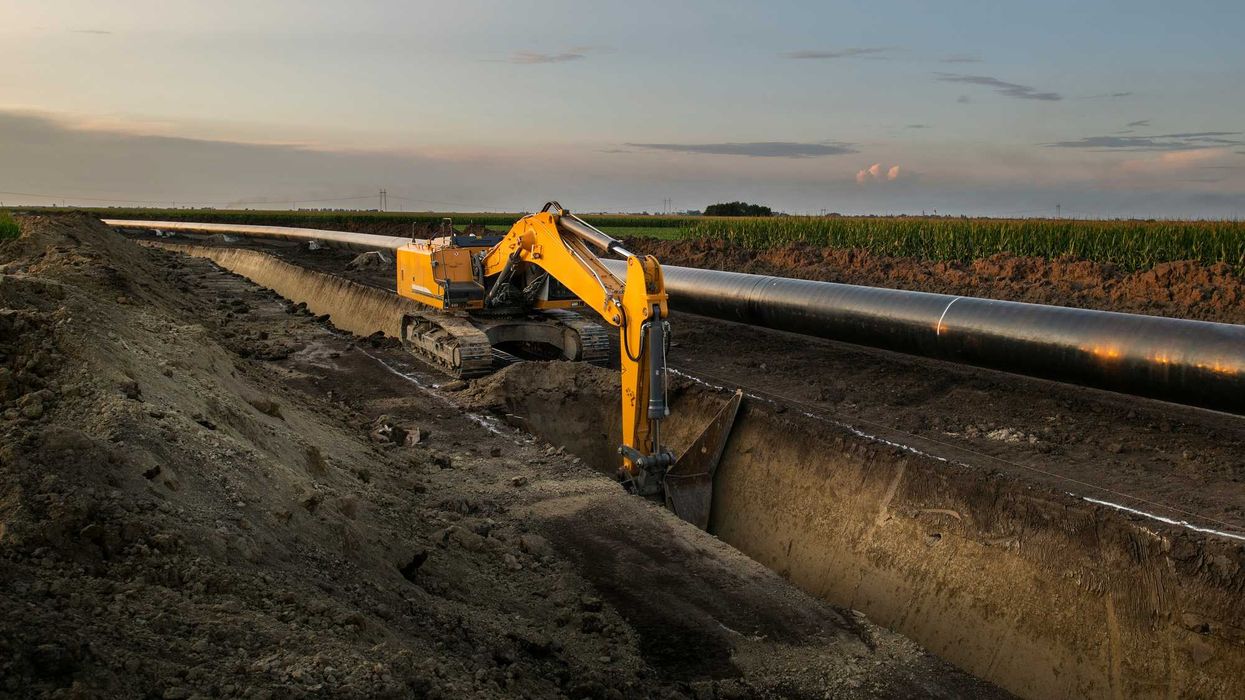Colorado is tightening labeling laws to reduce plastic contamination in compost, as even certified-compostable products are causing significant problems for composting facilities.
Joseph Winters reports for Grist.
In short:
- Colorado’s largest composter, A1 Organics, stopped accepting certified-compostable foodware due to high contamination rates.
- New state laws now require strict labeling for compostable products, aiming to prevent confusion and reduce contamination.
- Environmental groups argue that reducing single-use products, not just better labeling, is crucial for effective waste management.
Key quote:
“There’s been a lot of greenwashing ... on Amazon, online, wherever you're going to buy them.”
— Julie Mach, owner of Elements Mountain Compost
Why this matters:
Plastic contamination in compost threatens soil health and public safety by introducing harmful microplastics. Tightening labeling laws is a step forward, but reducing reliance on single-use products is essential for long-term sustainability.
Read more: Bioplastics create a composting conundrum














